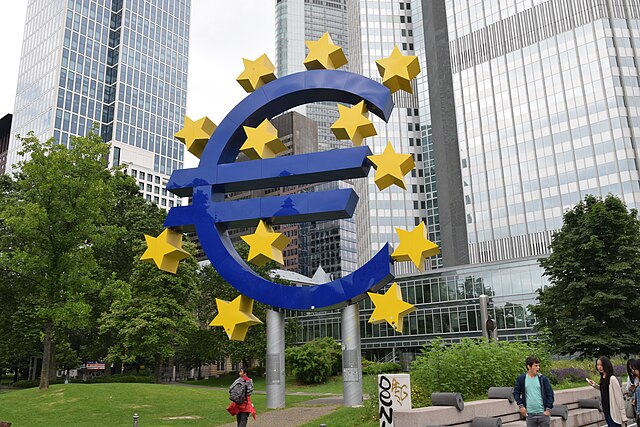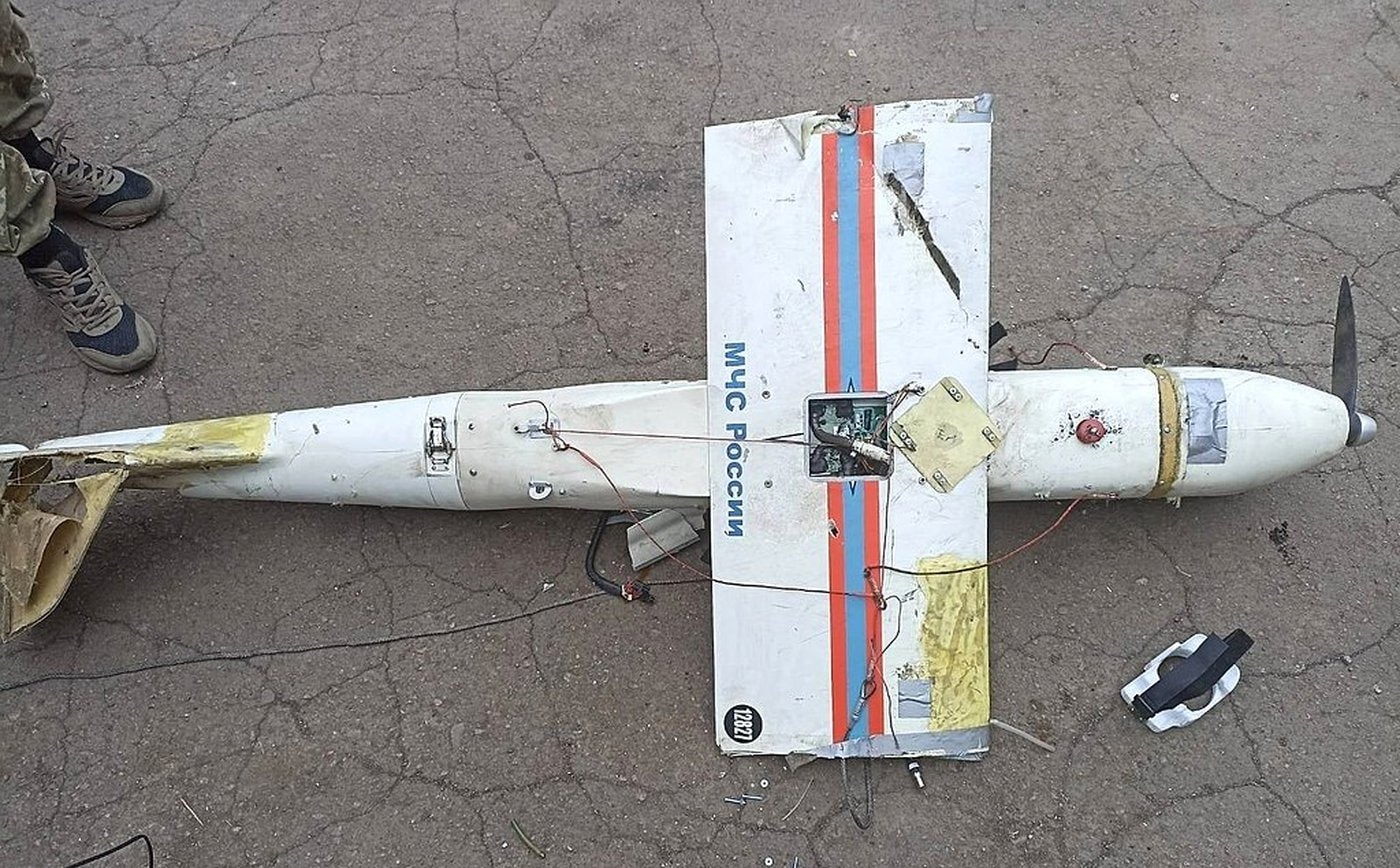Decolonization, a relatively undramatic term, is generally used to describe what is, in fact, an exceedingly dramatic process, perhaps one of the most shocking changes in modern history, shifting the ground under millions of people and ending empires. It did nothing less than do away with the “old” global political system based on racial hierarchy forever.
Accordingly, decolonization is
(1) the abrupt ends of several intercontinental empires at the end of widely differing imperial histories. In the case of Spain and Portugal, it set the seal on an unevenly carried out history of imperial decline. France started to experience overseas defeats from 1763 to 1804. Britain’s decolonization may not have come as a surprise since it had gone through a long history of imperial experiments. The Dutch, on the other hand, had to wake up from their illusion of permanence. Even land-based empires, such as Imperial Russia, Ottoman Turkey, or the Habsburg Empire could not endlessly continue their dominion over geographically connected areas. The much more short-lived Japanese Empire collapsed during the Second World War. All of this shows that the world has been striving for centuries to undo the unequal power balance established by the imperial form.
(2) the irreversible discrediting of any political rule that the overall population experiences as subjection to a ruling class representing alien possessors.
(3) the creation of new nation-states as the new ideological preference for much of the Global South. Understandably, this political form was thought to be the guarantor of social inclusion, economic entitlements (the freedom of choice regarding people’s income and economic assets), and cultural strength.
Many people living in Asia, Africa, and Latin America soon realized after obtaining their freedom from the former colonial powers that formal declarations of independence did not automatically entail a societal transition from colonial dependency to long-cherished economic development, social security, and improved human rights.
Ending colonialism was far more challenging than the euphoria suggested by independence ceremonies.
The general euphoria more or less escaped the fact that decolonization was interconnected with various macro-processes that shaped the twentieth century. It coexisted with other fundamental changes in the international arena, such as the Cold War, the formation of Global Trading Blocs, the rise of non-governmental organizations (NGOs), the emergence of human rights activism, and European unification.
Therefore, decolonization appeared in a world shaped by dissimilar phenomena like economic cycles of expansion and contraction, urbanization and spread of literacy, asymmetric warfare and international aid. Decolonization reveals its complex connections to occurrences like mass consumerism and mass media, welfare states, uneven access to the resources essential to human security, and the struggle for socio-cultural identifications that people are allowed to make worldwide.
Decolonization varies in form, extent, and effectiveness. If the political task associated with the phenomenon was to find ways to address power inequalities, the analytical duty now is to comprehend whether or not the professed end of empires signified a genuine move towards freedom on individual and collective levels.
We must consider the implications of the brief term “Global South,” commonly applied to Africa, Asia, and Latin America, even though the landmasses include a broad spectrum of communities, from middle-income countries to colonial territories. Understandably, the Global South is recognizable less by geography than by shared anti-colonialism.
Even so, we must be aware of who speaks for (and as) the decolonizing agent and how it leads to varieties of decolonization in the Global South.
For example, the Martinique-born pioneer of decolonization, Frantz Fanon, explained the term not as the high-water mark of reorganization of world politics but as the beginning of a social revolution for freedom and justice requiring the conscious engagement of its actual subjects: the colonized.
More recently, a book titled “Beyond Empire and Nation: The Decolonization of African and Asian Societies, 1930s-1970s” (2012), edited by Southeast Asian scholars Els Bogaerts and Remco Raben, based respectively at Leiden University and Utrecht University, explores whether the significant events of the twentieth century truly transformed the lives of people in Asia and Africa as dramatically as the political shifts of power to native ruling classes suggest.
Bogaerts and Raben agree with Fanon that decolonization has to highlight the varied experiences of communities that do not comfortably adjust to the dominant discourses related to independence. In her chapter for the book, “The Plural Economy and Its Legacy in Asia,” Emeritus Professor Anne Booth, the scholar of economic development of Southeast Asia at the School of Oriental and African Studies (SOAS University of London), demonstrates how the colonial impulse of both encouraging and discouraging indigenous participation in non-agricultural sectors drove many trading minorities out of business.
In his chapter, “Decolonized Space: The Reconfiguring of National and Public Space in India,” Jim Masselos, a University of Sydney-based expert on South Asian history and culture, shows that the urban masses neither participated in decolonization nor became impacted by it in similar ways. Decolonization has to be understood in terms of action, not words.
Related Articles: Indigenous Languages and Ecocide: The Legacy of Western Colonialism Re-examined | Is It Different This Time? Comparing the 1930s to Today | Indigenous Peoples: Defending an Environment for All | ‘Dead White Mans’ Clothing’ Polluting the Global South
Looking forward: What needs to be done
I believe that actions in the climate change, higher education, public health, and museum sectors are urgently needed if we want to see a world that is fully decolonized and free from unwanted influences from the former colonial powers:
1. Decolonizing Climate Change Initiatives: Colonial attitudes are affecting climate change initiatives by discouraging Indigenous groups from practicing their age-old farming and fire management policies that protect biodiversity. And this is just one striking example of carrying on with social attitudes formed in an earlier colonial age.
Decolonization means incorporating the biodiversity-oriented traditions of indigenous peoples and other ethnic groups to increase the impact of climate change actions.
2. Decolonizing Higher Education: Decolonizing this central area of concern to any society — after all, higher education is the road to a modern society underpinned by constant innovation — means establishing in institutions of higher education and research inclusive curriculum design; and inclusive curricula involve the addition of thinkers, and their ideas, from non-white, and non-European cultures: And they should not be added as mere postscripts but become a central part of the intellectual effort.
Determining whose voices are given center stage in curricula is a good start, but the popular idea of decolonizing one’s bookshelf cannot be the ultimate goal.
Decolonizing the education system also means how the reading materials are approached during class discussions, which perspectives are valued in the classroom, how the students are allowed to express their opinions, and how the students and staff are supported to highlight the historical contexts of the materials, and so on.
3. Decolonizing Global Health: This is a significant movement that addresses the persisting inequities in relationships between health actors and researchers in the Global North and the Global South. This shows that global health cooperation was initially formed in the colonial era, which is why designations like “donors” and “recipients” still determine the North and South connections.
The movement to decolonize global health allows European universities to be relevant by recognizing the rapid growth of world-level health researchers in the South.
This is also a call for ensuring that health research benefits the Global South communities involved rather than manipulating them.
4. Decolonizing Museums: This movement addresses these institutions’ historical and ongoing debates. Museums have traditionally been spaces that reinforce Eurocentric worldviews, often at the expense of the Global South. Therefore, decolonization requires a reassessment of the narratives and an effort to be transparent about the origins of the institutional collections.
Professor Corinne Fowler, a renowned scholar of colonialism and heritage at the University of Leicester, urges people to have a calmer approach to heritage sites and items that “potentially provides pathways to more open, evidence-based thinking” regarding the colonial legacies involved.
In the end, decolonization indicates a long-term process of introducing more equitable practices between the Global North and the Global South. In an overwhelmingly interconnected world, the necessity for such an initiative cannot be emphasized enough.
Editor’s Note: The opinions expressed here by the authors are their own, not those of Impakter.com — In the Cover Photo: American servicemen and women gather in front of “Rainbow Corner” Red Cross club in Paris to celebrate the unconditional surrender of the Japanese, Aug. 15, 1945. Cover Photo Credit: Wikimedia Commons.













